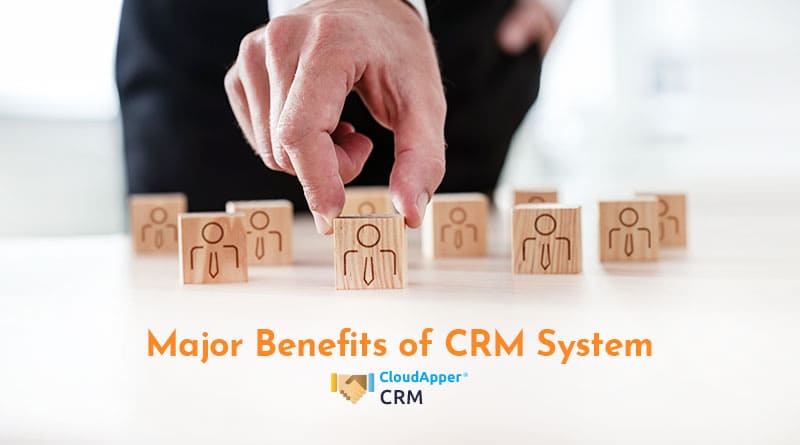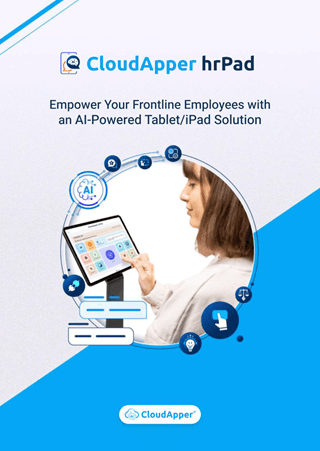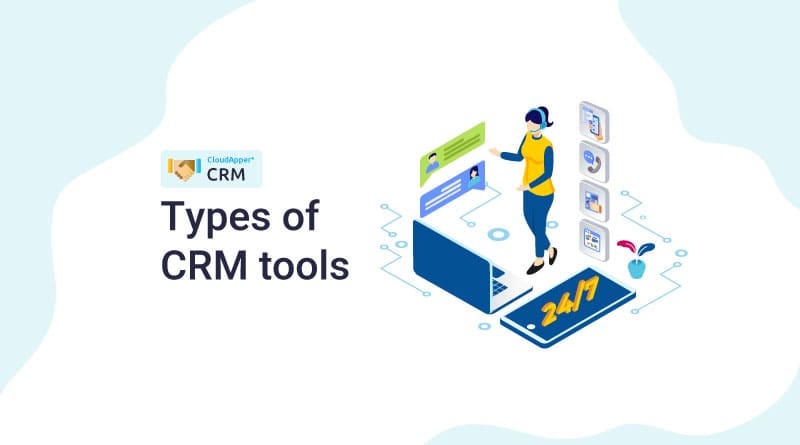Table of Contents
New technology is coming and going, quickly. Nowadays, the app seems to be fresh every week, promising to increase productivity, efficiency, and effectiveness of businesses and their sales representatives. While some technologies have demonstrated more effective than others, customer relationship management (CRM) technology is one element of sales technology that is here to stay.
An incredibly beneficial tool is a properly deployed CRM system. It monitors and controls all of your interactions and communication with prospects and customers. It also provides flag possibilities that may need more support or follow-up (among many other things).
It is easy to gain the many benefits of this software when you choose the correct CRM for your industry, business type, representatives, and customers.
We shall look into the main advantages you can bring to sales organizations with the integration of a CRM.
Keep your sales org centralized in the databases.
CRMs can maintain all prospect information in a central database for any length of time. This enables fast cross-team access and the ability to handle all the data conveniently via a shared location. CRMs allow representatives to avoid taking the time to search for files and records to get the information they need on how they can monitor and close agreements.
Manage all communication and prospective interactions.
All communications can be carried out through CRM, both internally (rep to rep) and externally (rep to prospects). This allows representatives to monitor all aspects of the purchaser’s journey, including all interactions, emails, phone calls, and much more. Your CRM, for example, will assist a rep to evaluate if they need to reach a particular perspective. It also helps your representatives recall if they sent the items they requested already or not.
Automate data entry.
With CRM, you will never have to waste time logging into emails, calls, meetings, and interactions to collect and aggregate all this data automatically. A CRM enables reps to update all transactions by the stage in which they operate, the rest of the system will be processed automatically (e.g. weighing, summary, visualization) and keep this process for everyone engaged as efficiently as possible.
Recall for prospect follow-up.
A CRM monitors all your prospect activities to let your reps know when they need to track specific prospects. When representatives are reminded of specific follow-ups, they can plan their contact at a point when their support for a prospect is most valuable. Thus, representatives boost their chances of turning more of these leads into clients.
Organize contact data.
CRMs allow your team to track each contact (and its associated data) effortlessly regardless of the journey stage of your purchaser. Reps can really determine whether a contact has already visited your website, downloaded materials from the site, or spoken with another member of your sales team. In addition, representatives may register their contacts and leads on their phone numbers or email dialogues. Best part? All this information can be searched in the CRM always.
Segment your customers.
Were you or your representatives ever interested in creating a list of contacts based on certain criteria? CRMs allow you to sort contacts by data acquired over time. For example, a representative can filter by region, size, or stage of a deal. This will always give your team members a clear notion of how to increase the chance of conversion for each phase.
Create sales reports.
CRMs help your team to gather and manage prospects and dealing information utilizing reporting features such as dashboards and reports. This enables representatives to better automate and manage their pipelines, deals, and contacts. You can also assess your personal performance, monitor your objectives, and work to achieve your quotas.
These sales reports can be used by sales managers to monitor their teams’ quotas and assess the amount of concluded agreements. The revenues generated may also be monitored by VPs and other company officials.
Automate forecasting for your sales performance.
The ability to organize strategically and make informed plans is vital to every successful sales company. The CRM reports I just mentioned make it easier for sales leaders to analyze patterns and build performance associated projections in important areas like monthly recurring revenue (MRR) or year-over-year (YOY). CRMs also enable representatives and sales managers to see the most profitable lead producers for representatives in their activities and sources. This data helps team leaders develop future sales projections and change pipeline estimations when appropriate.
Scale your sales processes over time.
As stated, a CRM will give your sales team one spot to track the leads, prospects, and customers for a long period. CRMs also provide you to review certain events such as emails, calls, and planned meetings. Sales managers then can use this data to determine patterns and to determine which sales processes work with their team and which sales processes can be improved. In order to scale up your firm, your sales team can leverage the information is collected by CRM.
Facilitate team communication.
Establish effective team communication within your sales team and amongst representatives with CRM. This communication is essential for maintaining a particular brand image between all reps who interact with prospects, as well as ensuring that reps learn from each other and work together towards a quota.
Your team can accomplish this with a CRM by tagging representatives and managers in specific agreements they intend to make. The systems can also be used by sales managers and representatives to reassign certain leads by clicking a button. Finally, representatives do not have to leave the system in order to write and send emails to team members, thus any communication within the CRM is easy.
As your firm grows, keep the same software.
As your company grows, the beauty of this kind of software is that a CRM will develop with you. CRMs should develop alongside your organization, regardless of whether they track additional leads, organize more contact detail, or record a larger number of potential interactions. Your CRM may help other teams in your organization as you grow. And this is not only true for your sales org.
Examples are marketing and customer services, these teams may pull from your prospect information to contact them, tailor CTAs personalize content for them and product details towards their needs, and more
Efficiently perform administrative tasks.
With CRM implementation all your administrative activities, including manual data entry, email chain hunting, conversation recording, and contact details saving, will be eased. In reality, a CRM automates many of these operations so that representatives concentrate their time and resources on tasks that have a greater impact.
Even although administrative duties may not have an influence directly on income, they affect your sales members’ schedules and how much they spend on these duties against leads and prospects. Five more facts that further demonstrate their usefulness are available if your sales organ needs extra convincing to employ a CRM:
- The average CRM user acceptance among sales representatives is 73% and the average ROI is 13 months.
- A CRM is already used by 91% of companies with more than 11 employees
- A CRM can assist with up to 30% sales growth.
- CRMs can enhance retention and satisfaction rates for customers.
- CRMs enhance data accessibility, reducing your sales cycle.
Grow Better With CRM Software
The CRM system will increase reps’ productivity, keep all prospect’s information in a central location, help your team close more deals, and foster significant business connections.
Start to think about how to improve the CRM perception within your reps and how to set up a system to raise conversions and have a favorable effect on your bottom line.
What is CloudApper AI Platform?
CloudApper AI is an advanced platform that enables organizations to integrate AI into their existing enterprise systems effortlessly, without the need for technical expertise, costly development, or upgrading the underlying infrastructure. By transforming legacy systems into AI-capable solutions, CloudApper allows companies to harness the power of Generative AI quickly and efficiently. This approach has been successfully implemented with leading systems like UKG, Workday, Oracle, Paradox, Amazon AWS Bedrock and can be applied across various industries, helping businesses enhance productivity, automate processes, and gain deeper insights without the usual complexities. With CloudApper AI, you can start experiencing the transformative benefits of AI today. Learn More


















